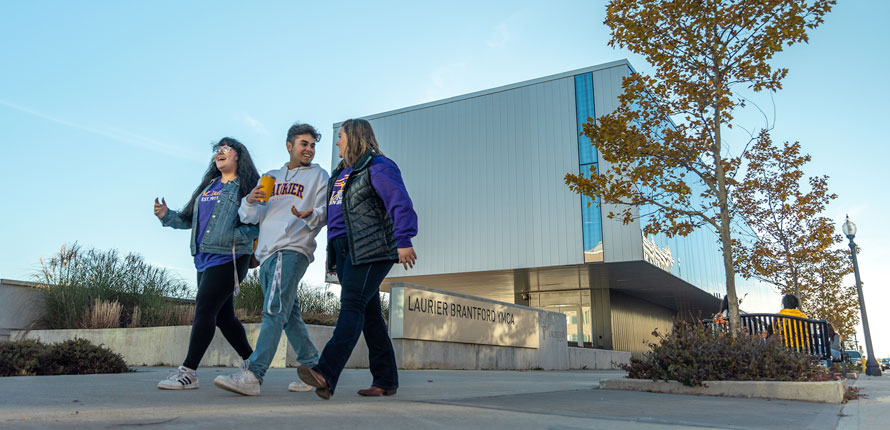Workforce Development and Alumni Success
Career Outcomes
Ninety-four percent of working-age alumni in the survey sample report being employed at least part-time. The median income for Laurier alumni who disclosed their income in the survey is in the $70,000–$90,000 range outpacing many provincial averages.
Entrepreneurial Leadership
Twenty-eight percent of Laurier alumni over 25 in the survey indicated having started at least one business. When calculated out to the broader alumni population, this translates to an estimated 33,000 entrepreneurs and over 27,000 active firms, roughly 90% of which are expected to operate in Ontario. These ventures collectively employ an estimated 305,000 people across Canada.
Work-Integrated Learning
Nearly half of surveyed alumni benefited from co-op, internships, or placements offered by Laurier. Of those, 86% said these experiences positively shaped their careers.






